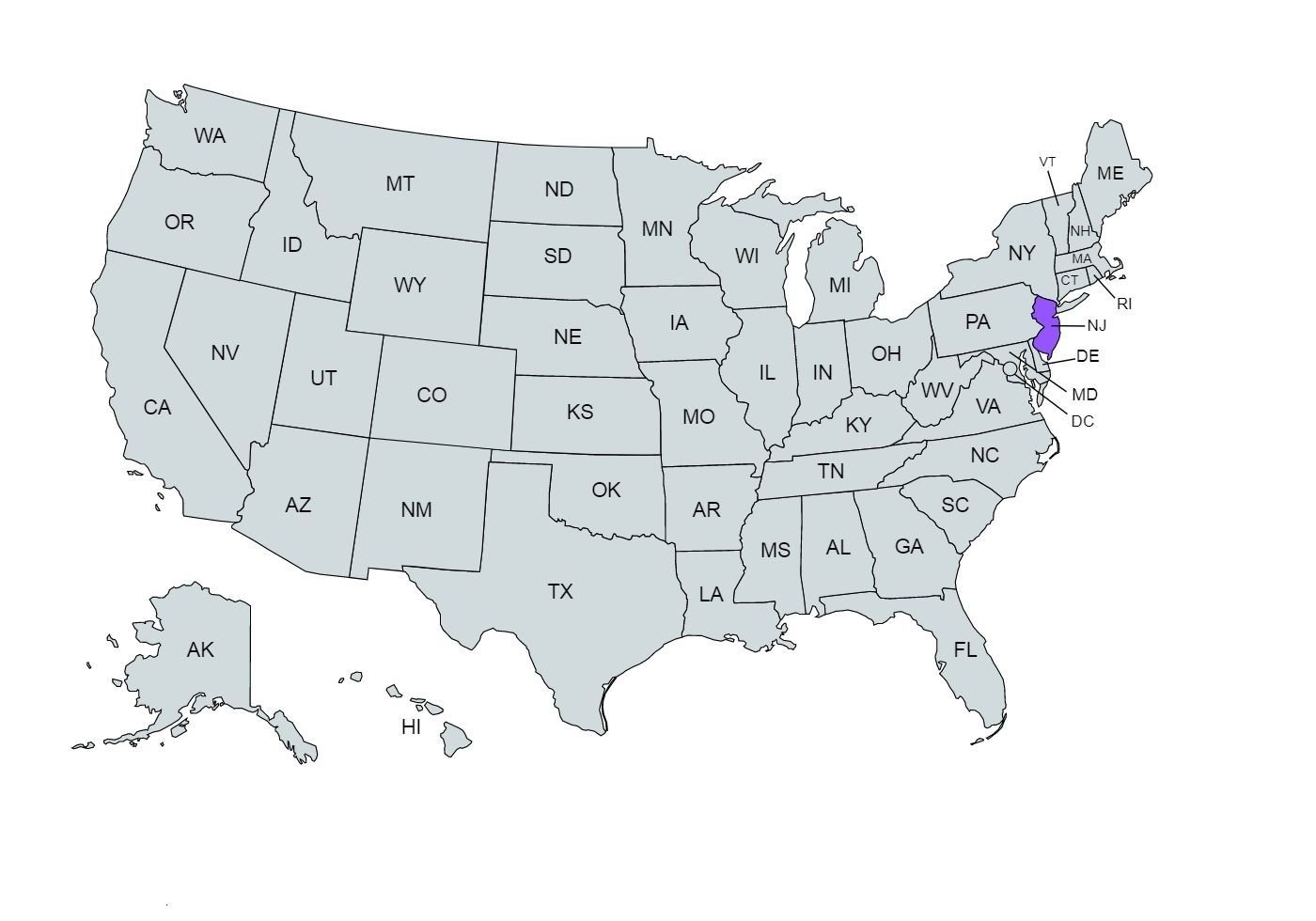New Jersey Paycheck Calculator: Calculate Your Take Home Pay
If you’re wondering, “How do I figure out my take home pay in New Jersey” we’ve got you covered.
Use our simple paycheck taxes calculator to estimate your net or “take home” pay after taxes, as an hourly or salaried employee in New Jersey.
Paycheck Calculator
Meanwhile, get ahead with our free resources:
How Does the Paycheck Calculator Work?
Input your salary information, such as wage and pay frequency, and our tool will handle the tax calculations for you. Once you’ve filled in all the information, click the “Calculate Tax” button, and the calculator will provide an estimate of your net or “take home” pay for the specified pay period. You can also check out our salary to hourly wage and hour-to-salary calculator.
Overview of New Jersey Taxes
New Jersey is home to a significant number of millionaires, holding approximately 9.76% of households.
The state also stands out for having 76.4% of places with per capita incomes above the national average. Furthermore, nine of New Jersey's counties are among the 100 wealthiest in the United States.

If you decide to start a new job in the "Garden State", here's what to expect tax-wise.
New Jersey operates under a progressive income tax system, with tax rates ranging from 1.40% to 10.75%, making the top rate one of the highest in the United States.
Employers in New Jersey are responsible for withholding FICA taxes, including 1.45% for Medicare and 6.2% for Social Security, with employers matching these contributions.
Any earnings exceeding $200,000 are subject to an additional 0.9% Medicare surtax, which employers do not match.
It's essential to note that while Newark has a 1% payroll tax, it is levied on employers, not workers, and no cities in New Jersey impose local income taxes.
New Jersey's tax situation appears less favorable due to its high progressive income tax rates, particularly for high earners, although it doesn't impose local income taxes in cities.
Median Household Income in New Jersey
Salary in each state is typically based on the cost of living. While salaries vary widely based on position, the median household income in your state can give you a glimpse at the average salary a household is earning in your region.
| Year | Median Household Income |
|---|---|
| 2011 | $67,458 |
| 2012 | $69,667 |
| 2013 | $70,165 |
| 2014 | $71,919 |
| 2015 | $72,222 |
| 2016 | $76,126 |
| 2017 | $80,088 |
| 2018 | $81,740 |
| 2019 | $85,751 |
| 2020 | $85,245 |
| 2021 | $89,296 |
| 2022 | $96,346 |
| 2023 | $99,781 |
Starting at $67,458 in 2011, the median household income steadily climbed, reaching $99,781 in 2023.
Rising median household income is generally a positive indicator of economic well-being and can signify increased purchasing power and financial security for families.
While there may be fluctuations in income from year to year, the overall trend paints a favorable picture of the region's economic health during this period.
Tips for Maximizing Your Take Home Pay
Here are some tips to help you maximize your paycheck:
- Become familiar with your payroll deductions
- Understand techniques for reducing your tax
- Fully utilize your work-related perks
- Develop a financial plan and define financial goal
- Look into additional income through extra hours or performance incentives
- Regularly check your pay stubs for inaccuracies
